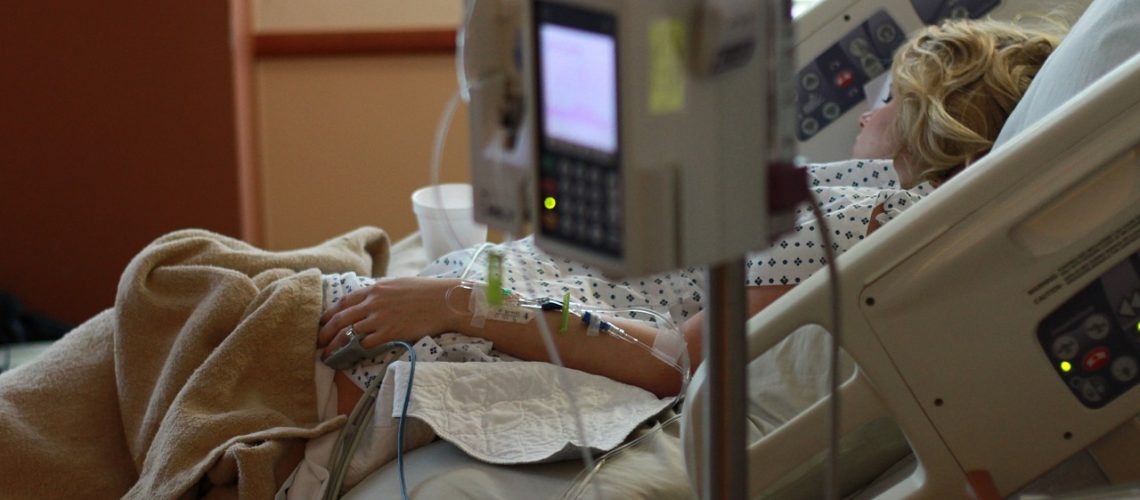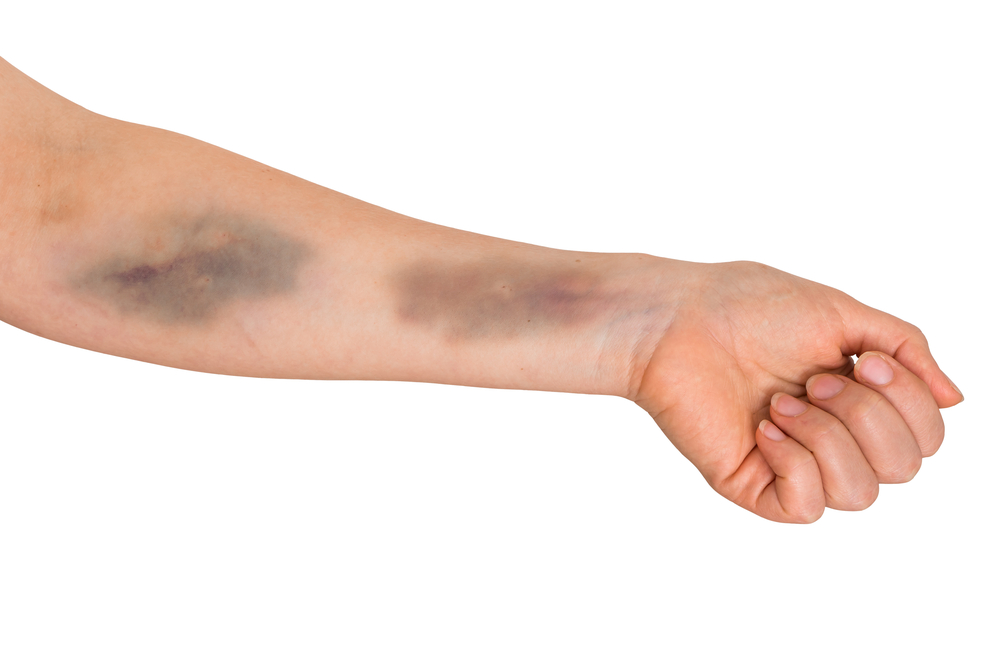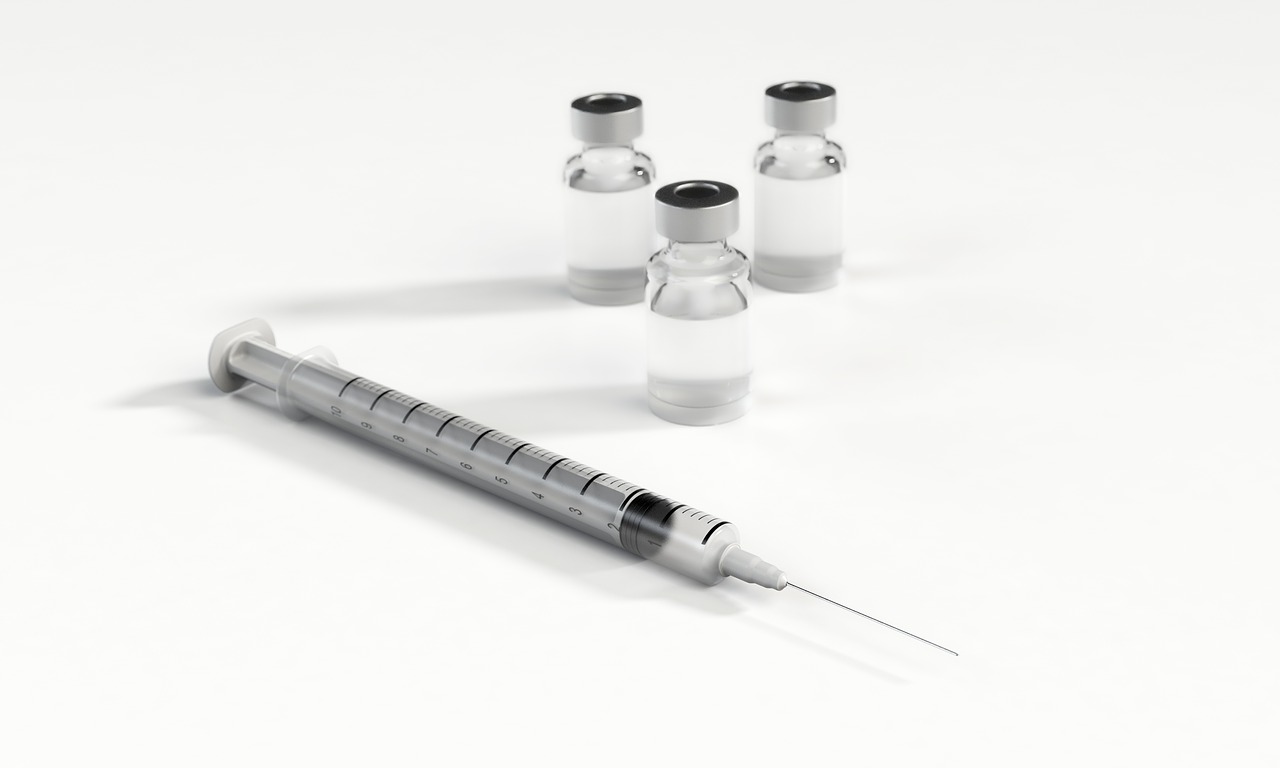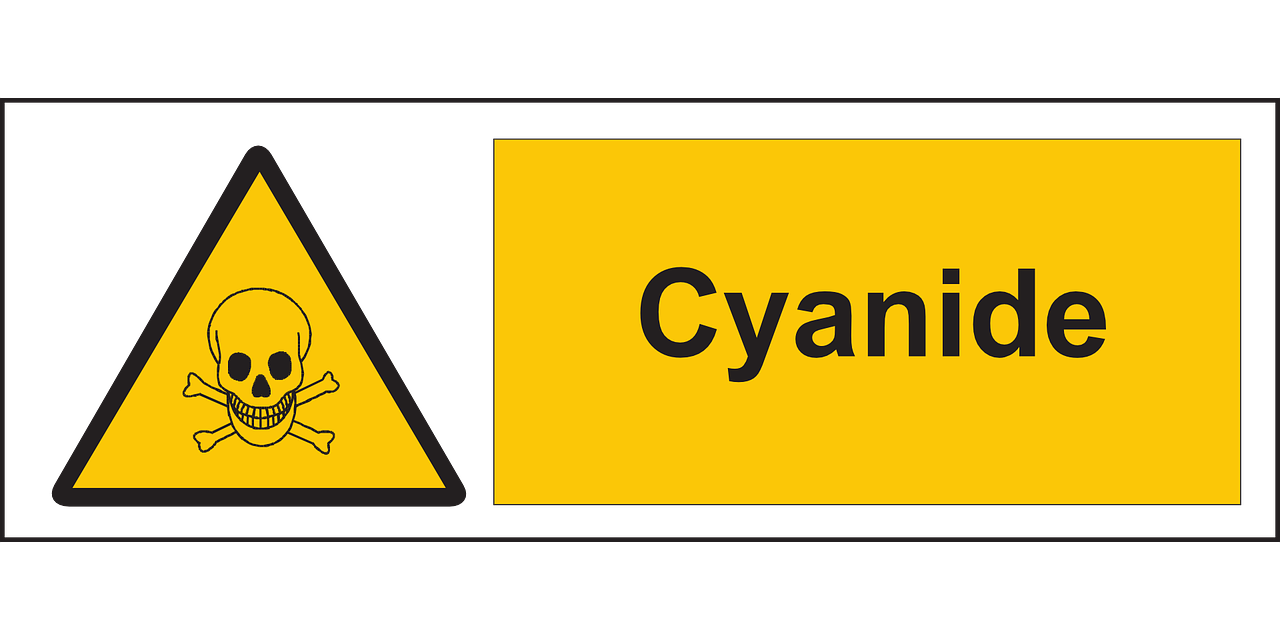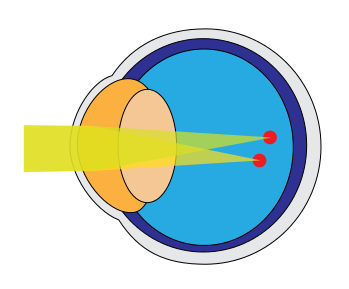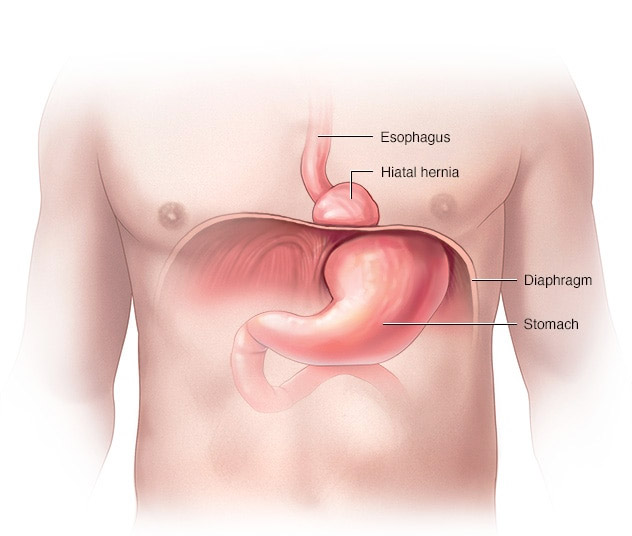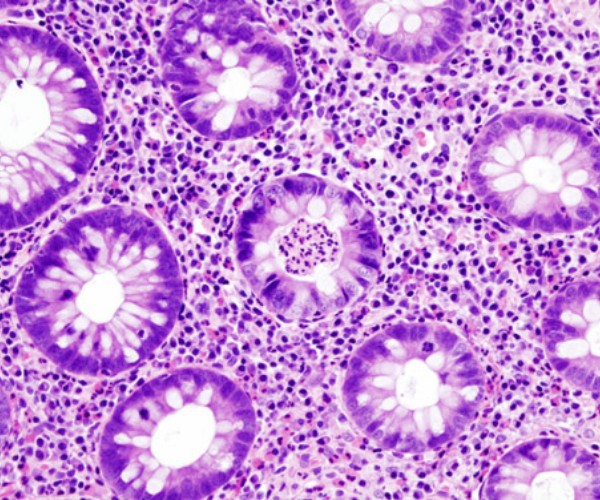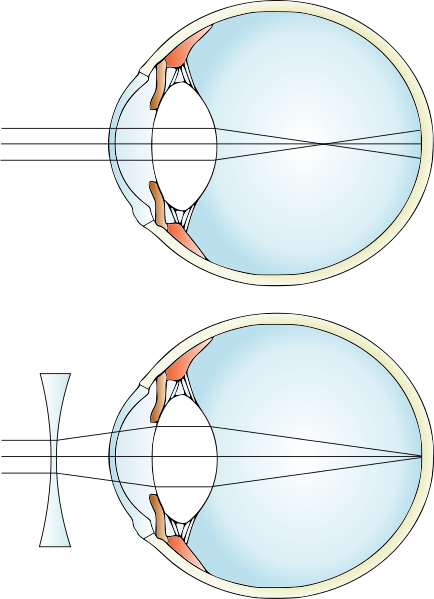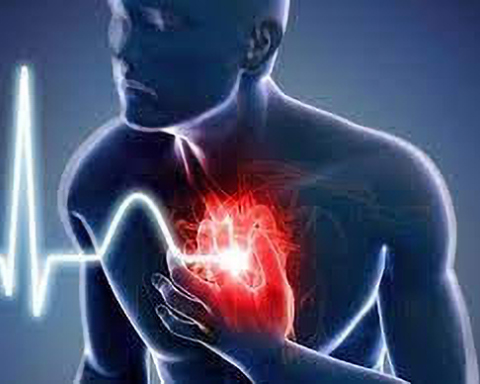Laboratory investigations date back more than 150 years, when analysis was first used. quantitative chemistry. The main purpose was to solve cases uncertain legal. The transition from the cautious and demanding approach is not been a simple matter, as the correlations between laboratory findings and clinical status are not very precise. For this very reason, we do not it is surprising that even today the toxicology laboratory does not occupy a place of prominence in the poisoning unit.
Clinical Chemistry
In the treatment of a poisoning it is also necessary to assess the patient’s biochemical status, which can only be safeguarded if the pH of the blood can be recorded and of urine, plasma electrolytes and blood gases.
Chemical Toxicology
When it comes to an emergency, knowing the poison is not an absolute necessity. It should, instead, always collect stool samples, vomit samples, and heparinized blood that does not should ever be destroyed, as they provide invaluable evidence of the value. Even in the ward, most overdose cases are of modest entities, so they can be treated without the need for specific knowledge of toxicology. Of course, there are always situations where an analysis is needed. toxicology.
Screening
Through a screening qualitative chemistry it is possible to have much clarification regarding poisoning. The laboratory chemist can only report the results, while the physician Is up to the interpretation of such. A screening program is never fully comprehensive and a negative answer does not rule out poisoning outside the of the scope of screening capabilities.
Quantitative methods
Ensure the presence of a substance has its limits, in fact you can get more Information from the determination of the concentration of toxic agents. Often procedures can take a long time. For many of the poisons you see In practice, tables have been published showing the levels that are should wait in a therapeutic regimen and those who depose for an overdose of the drug. Of course, the response may vary from patient to patient.
Drug addiction
People addicted to drugs are unreliable in medical history. Moreover, in order to obtain more “generous” prescriptions, they tend to exaggerate the extent of the abuse done. When they fear incurring justice they try to convince of the innocence of what happened. It is difficult to carry out quantitative studies on patients who are dependent toward a drug. It should be kept in mind that even the results of qualitative studies performed on urine cannot be transposed to serum levels and are exposed to criticism from a medico-legal point of view for narrow validity.
Source: Vadecum of poisoning therapy by Roy Goulding





